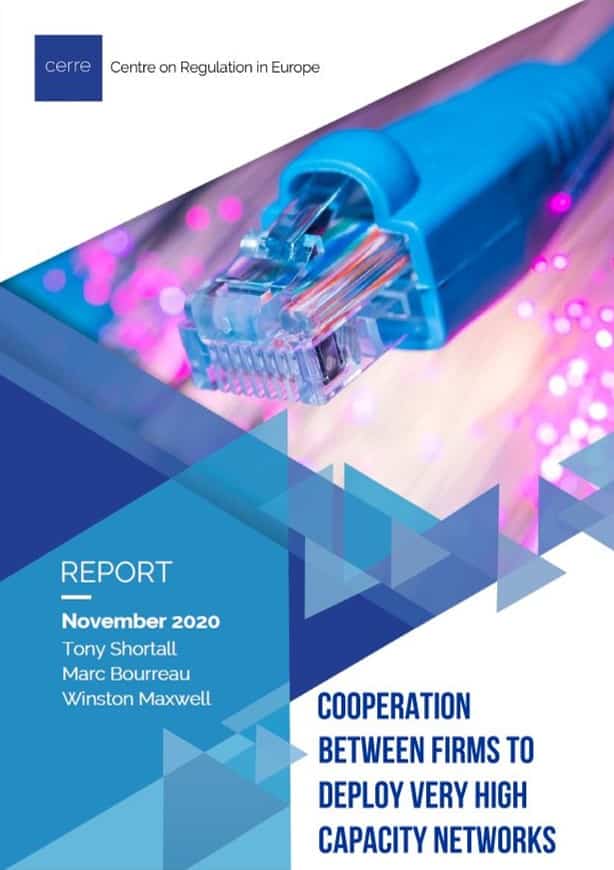Tony Shortall
Director
Telage
Telage
Tony Shortall is a Director of Telage, a Brussels-based consultancy firm in the field of telecommunications economics and regulation. He is an economist specialising in the regulation of network industries and has written extensively on these matters and has advised governments, regulators and firms.
Tony Shortall is a Director of Telage, a Brussels-based consultancy firm in the field of telecommunications economics and regulation. He is an economist specialising in the regulation of network industries and has written extensively on these matters and has advised governments, regulators and firms.





